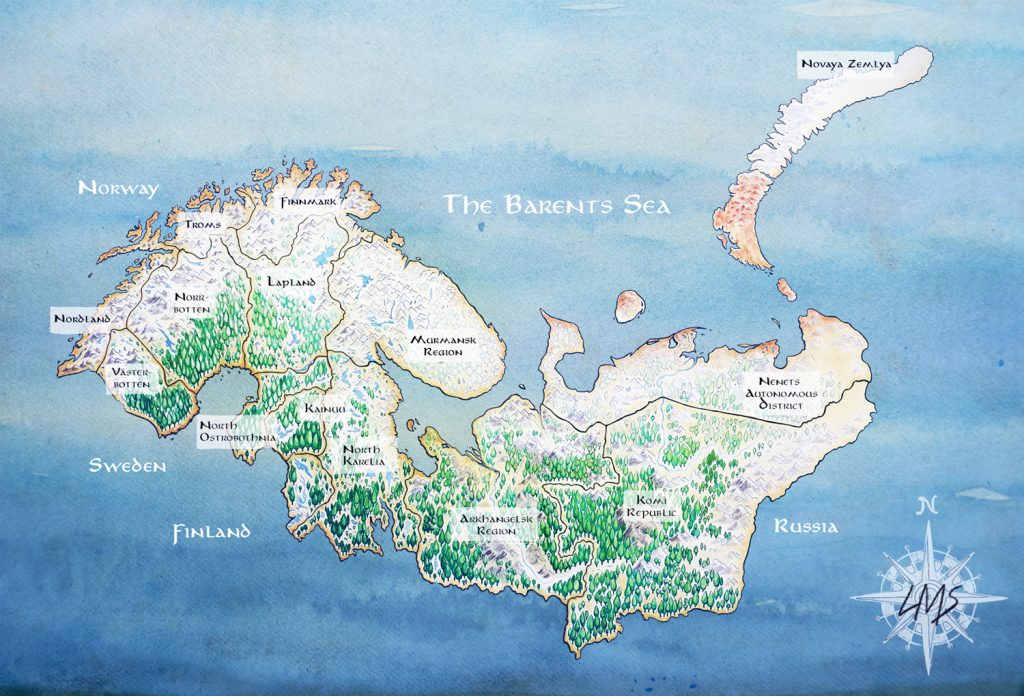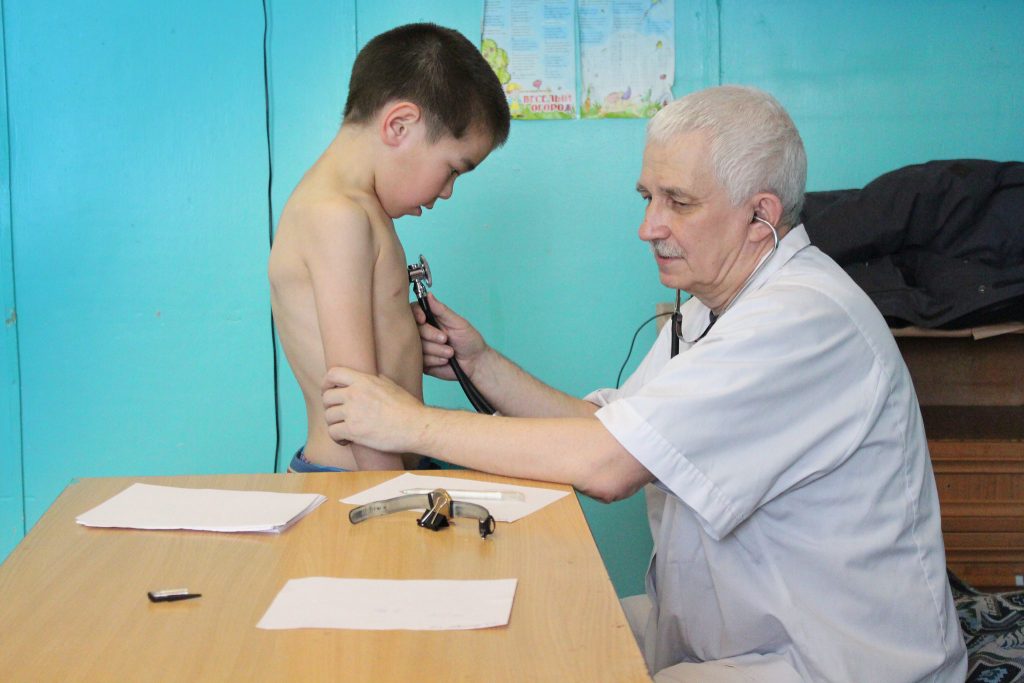About the project

DUE TO RUSSIA’S INVASION OF UKRAINE, THE CONTENT OF THE PROJECT IS CURRENTLY BEING REVISED.
RE:Barents examines the impact of Norwegian–Russian collaboration on health and social welfare in the Barents region since 2000. The project fills a gap by producing knowledge on the long-term impact of the projects, programmes and work of the committees, councils and expert groups engaged in this collaboration, and how it has affected the quality and durability of networks between authorities on various levels.

What are the impacts, direct and indirect, of the past 20+ years of Norwegian–Russian collaboration in health and social welfare in the Barents region?

Specifically
- What similarities and differences can be observed between how Russian and Norwegian actors view the desired results and impacts of this collaboration?
- To what extent and how does proximity to the Norwegian–Russian border affect the quality and impact of the collaboration?
- How is the collaboration affected by, and how does it adjust to, changes in the surrounding political, economic, social and structural contexts – e.g. strained political relations between Russia and the West; the COVID-19 pandemic?
- What lessons can be drawn for use in the further development of Norwegian–Russian collaboration on health and social welfare?
The project is organised in four work packages (WPs):
WP1: Health and social welfare collaboration overview
WP2: Case studies of projects, programmes and Barents collaboration platforms
WP3: Impact evaluation of a health project: a quasi-experimental design
WP4: Lessons learnt and recommendations for future collaboration
The project applies mixed methods including document analysis, a stakeholder survey, semi-structured individual and group interviews, and a quasi-experiment on a health intervention.
